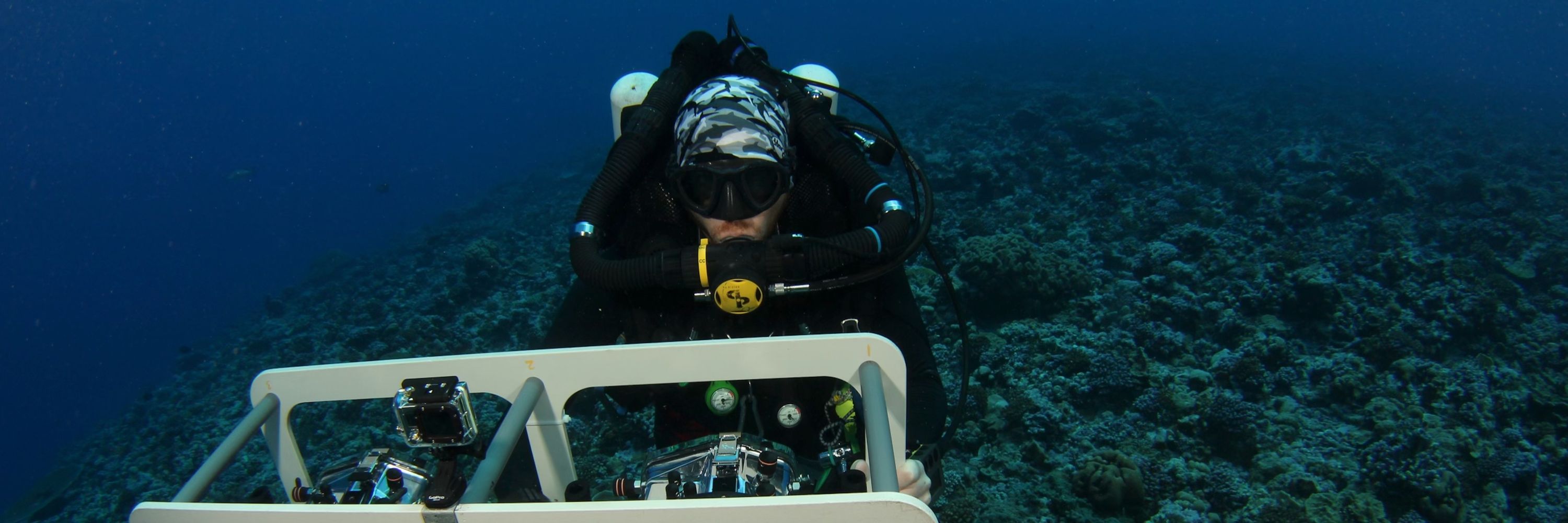
Gareth J. Williams
@remotereefs.bsky.social
Professor of Marine Biology, Bangor University, UK @sosbangor.bsky.social.
Coral reef ecology across scales and trophic levels.
Coral reef ecology across scales and trophic levels.
Pinned

Coral reefs benefit from reduced land–sea impacts under ocean warming - Nature
Surveys of reef change are combined with a unique 20-year time series of land–sea human impacts and the results show that integrated land–sea management could help achieve coastal ocean conservat...
www.nature.com
Coral reefs benefit from reduced land-sea impacts under ocean warming
Open-access link to paper: www.nature.com/articles/s41...
#coral #reef #bleaching #ClimateCrisis #coastal #management #wastewater #fishing #30by30
Link to summary research brief: Link: doi.org/10.1038/d415...
Open-access link to paper: www.nature.com/articles/s41...
#coral #reef #bleaching #ClimateCrisis #coastal #management #wastewater #fishing #30by30
Link to summary research brief: Link: doi.org/10.1038/d415...
Reposted by Gareth J. Williams
We're advertising a PhD project to investigate the hydrodynamics of Aldabra Atoll @oxuniearthsci.bsky.social! We are looking for a student with strong quantitative skills and interest in ocean modelling. Competitive funding available through ILESLA. Please share with anybody who may be interested!

October 22, 2025 at 9:32 AM
We're advertising a PhD project to investigate the hydrodynamics of Aldabra Atoll @oxuniearthsci.bsky.social! We are looking for a student with strong quantitative skills and interest in ocean modelling. Competitive funding available through ILESLA. Please share with anybody who may be interested!
Reposted by Gareth J. Williams
Coral reefs with high ecological integrity are able to quickly recover from extreme climate impacts. In our new study in Coral Reefs, we found high integrity Fiji reefs were able to rebound rapidly following a category 5 cyclone.
Full study:
link.springer.com/article/10.1...
Full study:
link.springer.com/article/10.1...

October 6, 2025 at 5:52 PM
Coral reefs with high ecological integrity are able to quickly recover from extreme climate impacts. In our new study in Coral Reefs, we found high integrity Fiji reefs were able to rebound rapidly following a category 5 cyclone.
Full study:
link.springer.com/article/10.1...
Full study:
link.springer.com/article/10.1...
Reposted by Gareth J. Williams
Today, we published a study long in the making on how upper and subsurface tropical Pacific waters responded (and maybe will adjust) to warmer global climate. Here’s the story of how we got here after 15 years. many authors but shout out @jfarmersalmanac.bsky.social
🌊
www.science.org/doi/10.1126/...
🌊
www.science.org/doi/10.1126/...

Persistent eastern equatorial Pacific Ocean upwelling since the warm Pliocene
Upwelling generates a nutrient-rich “cold tongue” in the eastern equatorial Pacific Ocean (EEP), with impacts on global climate, oceanic biological productivity, and the carbon cycle. The cold tongue ...
www.science.org
October 3, 2025 at 12:04 AM
Today, we published a study long in the making on how upper and subsurface tropical Pacific waters responded (and maybe will adjust) to warmer global climate. Here’s the story of how we got here after 15 years. many authors but shout out @jfarmersalmanac.bsky.social
🌊
www.science.org/doi/10.1126/...
🌊
www.science.org/doi/10.1126/...
Reposted by Gareth J. Williams
🚨 NEW PUBLICATION 🚨
Today in @currentbiology.bsky.social, we found that 30 species of #sharks, #rays, and #chimaeras overlap with proposed #deepseamining in Areas Beyond National Jurisdiction #ABNJ - over 60% are already #threatened with #extinction 🦈
📸 Blue Planet Archive / Masa Ushioda
Today in @currentbiology.bsky.social, we found that 30 species of #sharks, #rays, and #chimaeras overlap with proposed #deepseamining in Areas Beyond National Jurisdiction #ABNJ - over 60% are already #threatened with #extinction 🦈
📸 Blue Planet Archive / Masa Ushioda

October 2, 2025 at 7:55 PM
🚨 NEW PUBLICATION 🚨
Today in @currentbiology.bsky.social, we found that 30 species of #sharks, #rays, and #chimaeras overlap with proposed #deepseamining in Areas Beyond National Jurisdiction #ABNJ - over 60% are already #threatened with #extinction 🦈
📸 Blue Planet Archive / Masa Ushioda
Today in @currentbiology.bsky.social, we found that 30 species of #sharks, #rays, and #chimaeras overlap with proposed #deepseamining in Areas Beyond National Jurisdiction #ABNJ - over 60% are already #threatened with #extinction 🦈
📸 Blue Planet Archive / Masa Ushioda
Reposted by Gareth J. Williams
New paper led by @seaprinceaaron.bsky.social in @currentbiology.bsky.social looking at the threats deep sea mining poses for sharks, rays, and chimaeras. We found 30 species are threatened via various pathways including collector impact and plumes at depth and pelagic discharge plumes.


October 2, 2025 at 9:40 PM
New paper led by @seaprinceaaron.bsky.social in @currentbiology.bsky.social looking at the threats deep sea mining poses for sharks, rays, and chimaeras. We found 30 species are threatened via various pathways including collector impact and plumes at depth and pelagic discharge plumes.
Reposted by Gareth J. Williams
JOB OPPORTUNITY: Lecturer in Marine Biology and Scientific Diving (University of Plymouth)
www.jobs.ac.uk/job/DOS637/l...
#jobs #lecturer #scientificdiving #plymouth #coralreefs #university #marinescience #marinebiology #marineecology #jobopportunity
www.jobs.ac.uk/job/DOS637/l...
#jobs #lecturer #scientificdiving #plymouth #coralreefs #university #marinescience #marinebiology #marineecology #jobopportunity

September 29, 2025 at 5:30 AM
JOB OPPORTUNITY: Lecturer in Marine Biology and Scientific Diving (University of Plymouth)
www.jobs.ac.uk/job/DOS637/l...
#jobs #lecturer #scientificdiving #plymouth #coralreefs #university #marinescience #marinebiology #marineecology #jobopportunity
www.jobs.ac.uk/job/DOS637/l...
#jobs #lecturer #scientificdiving #plymouth #coralreefs #university #marinescience #marinebiology #marineecology #jobopportunity
Reposted by Gareth J. Williams
Over 70% of coral reefs in the tropical western Atlantic Ocean are projected to be in a state of erosion by 2040, increasing to nearly all reefs in 2100 if warming exceeds 2 °C above preindustrial levels, a study in Nature suggests. go.nature.com/48m9Y8F 🌊 🧪

September 18, 2025 at 1:18 PM
Over 70% of coral reefs in the tropical western Atlantic Ocean are projected to be in a state of erosion by 2040, increasing to nearly all reefs in 2100 if warming exceeds 2 °C above preindustrial levels, a study in Nature suggests. go.nature.com/48m9Y8F 🌊 🧪
Regarding the below Panama paper, we also documented climate disruptions to upwelling reaching shallow reefs across the Chagos Archipelago in the central Indian Ocean:
aslopubs.onlinelibrary.wiley.com/doi/full/10....
aslopubs.onlinelibrary.wiley.com/doi/full/10....

September 14, 2025 at 2:45 PM
Regarding the below Panama paper, we also documented climate disruptions to upwelling reaching shallow reefs across the Chagos Archipelago in the central Indian Ocean:
aslopubs.onlinelibrary.wiley.com/doi/full/10....
aslopubs.onlinelibrary.wiley.com/doi/full/10....
Reposted by Gareth J. Williams
New paper!
‘Climate change impacts to upwelling and shallow reef nutrient sources across an oceanic archipelago’
Out now in Limnology and Oceanography @aslo.org
aslopubs.onlinelibrary.wiley.com/doi/10.1002/...
⬇️🧵
‘Climate change impacts to upwelling and shallow reef nutrient sources across an oceanic archipelago’
Out now in Limnology and Oceanography @aslo.org
aslopubs.onlinelibrary.wiley.com/doi/10.1002/...
⬇️🧵

September 8, 2025 at 8:58 AM
New paper!
‘Climate change impacts to upwelling and shallow reef nutrient sources across an oceanic archipelago’
Out now in Limnology and Oceanography @aslo.org
aslopubs.onlinelibrary.wiley.com/doi/10.1002/...
⬇️🧵
‘Climate change impacts to upwelling and shallow reef nutrient sources across an oceanic archipelago’
Out now in Limnology and Oceanography @aslo.org
aslopubs.onlinelibrary.wiley.com/doi/10.1002/...
⬇️🧵
Reposted by Gareth J. Williams
PAPER: Territorial damselfish are more aggressive to neighbours if their neighbour is larger, but this weakens If they don't know each other link.springer.com/article/10.1...
Led by my awesome former PhD student @sheppardcat.bsky.social @lec-reefs.bsky.social @envisiondtp.bsky.social #FishInBottles
Led by my awesome former PhD student @sheppardcat.bsky.social @lec-reefs.bsky.social @envisiondtp.bsky.social #FishInBottles

Familiarity mediated by body size predicts intraspecific aggression in farming damselfishes - Behavioral Ecology and Sociobiology
Abstract Aggressive territoriality can have significant benefits for resource acquisition yet is a costly behaviour. Selection should therefore favour mechanisms that allow individuals to modify their...
link.springer.com
September 4, 2025 at 9:18 AM
PAPER: Territorial damselfish are more aggressive to neighbours if their neighbour is larger, but this weakens If they don't know each other link.springer.com/article/10.1...
Led by my awesome former PhD student @sheppardcat.bsky.social @lec-reefs.bsky.social @envisiondtp.bsky.social #FishInBottles
Led by my awesome former PhD student @sheppardcat.bsky.social @lec-reefs.bsky.social @envisiondtp.bsky.social #FishInBottles
Reposted by Gareth J. Williams
#Panama's January to April #ocean #upwelling which brings normally cool, nutrient-filled waters from the deep. 2025 was different; "this vital oceanographic process did not occur for the first time" 😮
share.google/v7taeyp4vmr3...
share.google/v7taeyp4vmr3...

For the first time since records began, Panama’s deep and cold ocean waters failed to emerge, possibly affecting fisheries and coral health
The natural phenomenon of upwelling, which occurs annually in the Gulf of Panama, failed for the first time on record in 2025. A study led by scientists from the Smithsonian Tropical Research Institut...
share.google
September 4, 2025 at 3:22 AM
#Panama's January to April #ocean #upwelling which brings normally cool, nutrient-filled waters from the deep. 2025 was different; "this vital oceanographic process did not occur for the first time" 😮
share.google/v7taeyp4vmr3...
share.google/v7taeyp4vmr3...
Unprecedented suppression of Panama’s Pacific upwelling in 2025 - new in
@pnas.org
by O'Dea et al: www.pnas.org/doi/full/10....
We recently wrote about the urgent need to better quantify coral reef-ocean interactions under climate change in
@natecoevo.nature.com (see below).
@pnas.org
by O'Dea et al: www.pnas.org/doi/full/10....
We recently wrote about the urgent need to better quantify coral reef-ocean interactions under climate change in
@natecoevo.nature.com (see below).
September 4, 2025 at 8:47 AM
Unprecedented suppression of Panama’s Pacific upwelling in 2025 - new in
@pnas.org
by O'Dea et al: www.pnas.org/doi/full/10....
We recently wrote about the urgent need to better quantify coral reef-ocean interactions under climate change in
@natecoevo.nature.com (see below).
@pnas.org
by O'Dea et al: www.pnas.org/doi/full/10....
We recently wrote about the urgent need to better quantify coral reef-ocean interactions under climate change in
@natecoevo.nature.com (see below).
Reposted by Gareth J. Williams
Out today! ‘Quantifying coral reef–ocean interactions is critical for predicting reef futures under climate change’ in @natecoevo.nature.com
#EcologicalOceanography #InterdisciplinaryResearch #CoralReefs #OceanicSubsidies
doi.org/10.1038/s415...
@sosbangor.bsky.social
#EcologicalOceanography #InterdisciplinaryResearch #CoralReefs #OceanicSubsidies
doi.org/10.1038/s415...
@sosbangor.bsky.social

August 11, 2025 at 1:03 PM
Out today! ‘Quantifying coral reef–ocean interactions is critical for predicting reef futures under climate change’ in @natecoevo.nature.com
#EcologicalOceanography #InterdisciplinaryResearch #CoralReefs #OceanicSubsidies
doi.org/10.1038/s415...
@sosbangor.bsky.social
#EcologicalOceanography #InterdisciplinaryResearch #CoralReefs #OceanicSubsidies
doi.org/10.1038/s415...
@sosbangor.bsky.social
Reposted by Gareth J. Williams
And here is the News & Views commentary by Kevin Lafferty, one of the experts who reviewed the paper:
www.nature.com/articles/s41...
www.nature.com/articles/s41...
August 4, 2025 at 5:05 PM
And here is the News & Views commentary by Kevin Lafferty, one of the experts who reviewed the paper:
www.nature.com/articles/s41...
www.nature.com/articles/s41...
Reposted by Gareth J. Williams
A marine serial killer at large, caught at last: researchers identify the agent of the sea star wasting disease that nearly caused the collapse of kelp forests along the Pacific Northwest
www.nature.com/articles/s41...
@hakai.org @science.ubc.ca @tula.org @nature.org @uwenvironment.bsky.social
www.nature.com/articles/s41...
@hakai.org @science.ubc.ca @tula.org @nature.org @uwenvironment.bsky.social
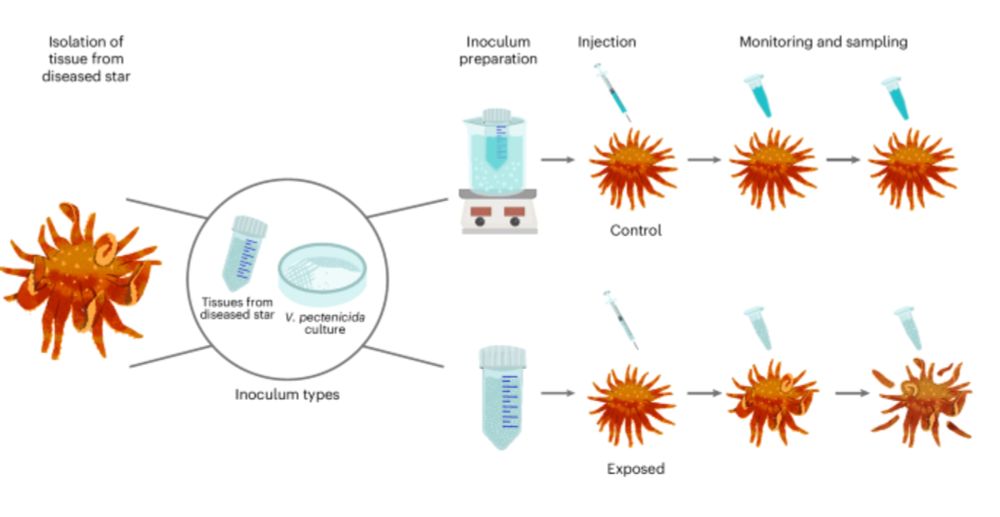
Vibrio pectenicida strain FHCF-3 is a causative agent of sea star wasting disease - Nature Ecology & Evolution
The causative agent of sea star wasting disease has been elusive. This study used genetic datasets and experimental exposures to demonstrate that a strain of the bacterium Vibrio pectenicida caused di...
www.nature.com
August 4, 2025 at 5:03 PM
A marine serial killer at large, caught at last: researchers identify the agent of the sea star wasting disease that nearly caused the collapse of kelp forests along the Pacific Northwest
www.nature.com/articles/s41...
@hakai.org @science.ubc.ca @tula.org @nature.org @uwenvironment.bsky.social
www.nature.com/articles/s41...
@hakai.org @science.ubc.ca @tula.org @nature.org @uwenvironment.bsky.social
Reposted by Gareth J. Williams
❗️Job Alert: Deep-Sea Benthic Biologist (Assistant Professor) at Scripps Institution of Oceanography, USA 🌊 Apply by Dec 1, 2025: apol-recruit.ucsd.edu/JPF04175
📷 Auckland Museum Collections (CC) #MarineBiology
📷 Auckland Museum Collections (CC) #MarineBiology
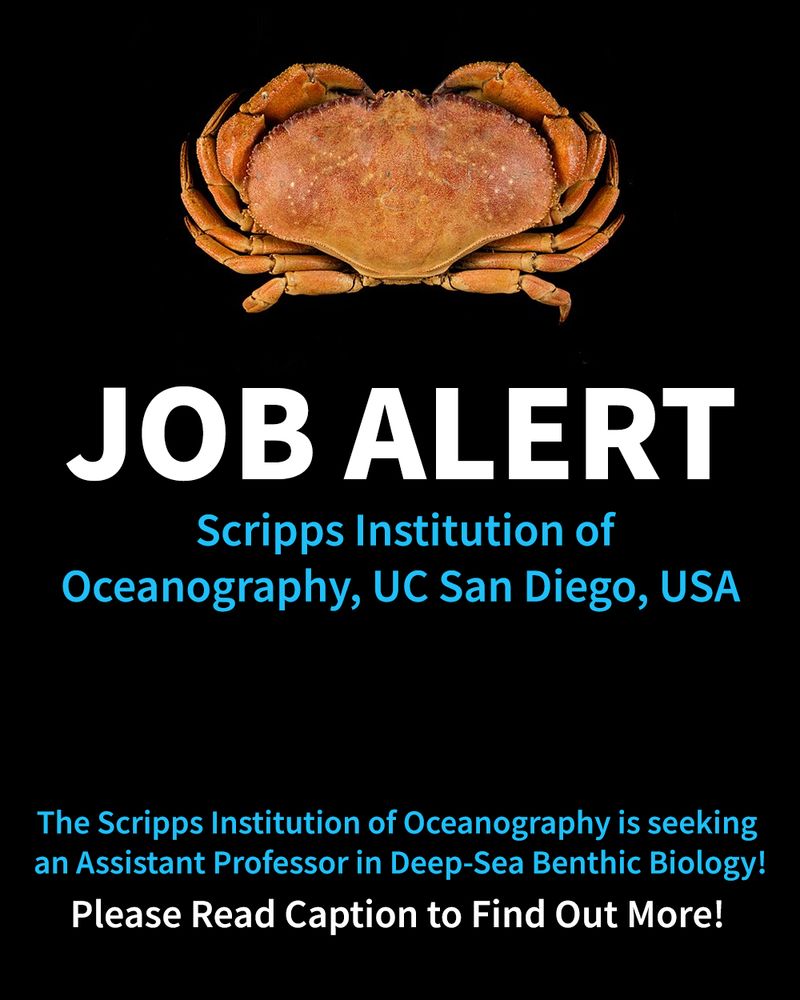
August 3, 2025 at 1:50 PM
❗️Job Alert: Deep-Sea Benthic Biologist (Assistant Professor) at Scripps Institution of Oceanography, USA 🌊 Apply by Dec 1, 2025: apol-recruit.ucsd.edu/JPF04175
📷 Auckland Museum Collections (CC) #MarineBiology
📷 Auckland Museum Collections (CC) #MarineBiology
Reposted by Gareth J. Williams
Some don't like it hot - the Continuous Plankton Recorder (CPR) survey @thembauk.bsky.social shows how marine heatwaves are reshaping phytoplankton communities in the Northeast Pacific 🌊🔬 Open Access Read @aslo.org 👉 aslopubs.onlinelibrary.wiley.com/doi/10.1002/...
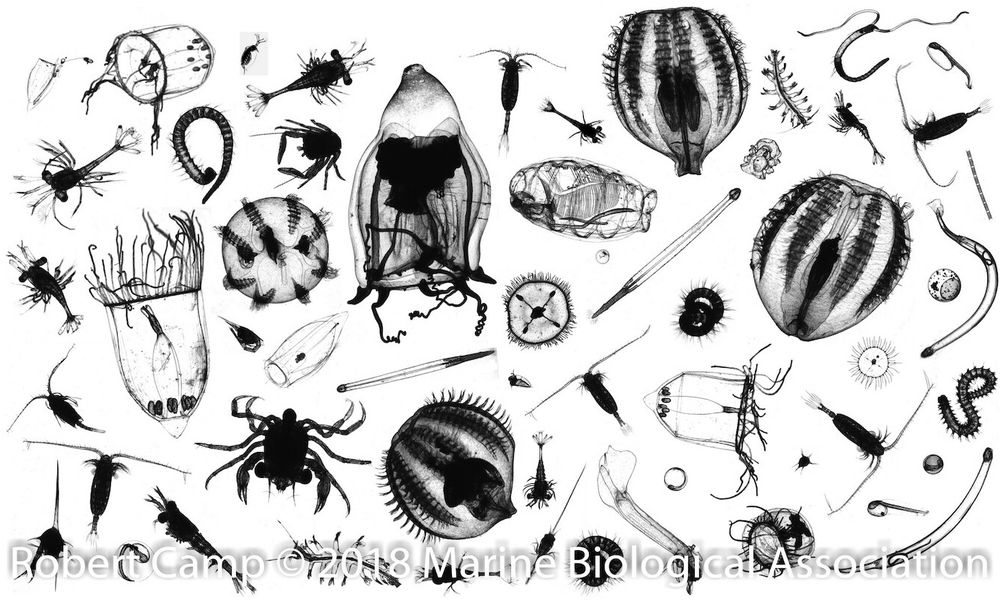
August 1, 2025 at 2:50 PM
Some don't like it hot - the Continuous Plankton Recorder (CPR) survey @thembauk.bsky.social shows how marine heatwaves are reshaping phytoplankton communities in the Northeast Pacific 🌊🔬 Open Access Read @aslo.org 👉 aslopubs.onlinelibrary.wiley.com/doi/10.1002/...
Reposted by Gareth J. Williams
AWESOME JOB OPPORTUNITY: Aldabra Science Coordinator (The Seychelles Islands Foundation)
www.sif.sc/node/679
#jobs #seychelles #coralreefs #jobopportunity #marinescience #coral #sciencecoordinator #marineecology #careers #marinebiology
www.sif.sc/node/679
#jobs #seychelles #coralreefs #jobopportunity #marinescience #coral #sciencecoordinator #marineecology #careers #marinebiology
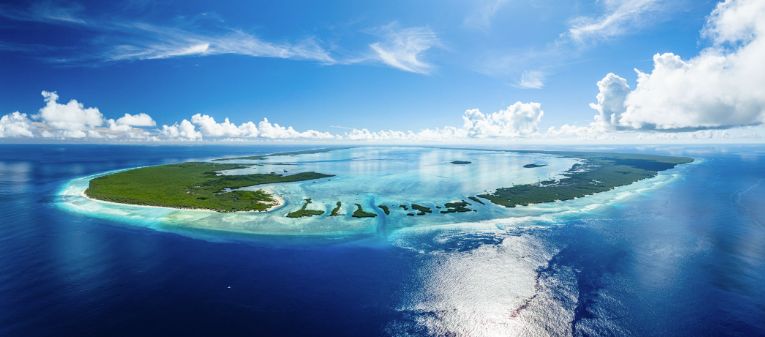
July 31, 2025 at 7:11 AM
AWESOME JOB OPPORTUNITY: Aldabra Science Coordinator (The Seychelles Islands Foundation)
www.sif.sc/node/679
#jobs #seychelles #coralreefs #jobopportunity #marinescience #coral #sciencecoordinator #marineecology #careers #marinebiology
www.sif.sc/node/679
#jobs #seychelles #coralreefs #jobopportunity #marinescience #coral #sciencecoordinator #marineecology #careers #marinebiology
Reposted by Gareth J. Williams
FULLY FUNDED PhD opportunity on edible crab disease
with a great team here in a stunning location @sosbangor.bsky.social @bangoruniversity.bsky.social @cefasgovuk.bsky.social
www.findaphd.com/phds/project...
with a great team here in a stunning location @sosbangor.bsky.social @bangoruniversity.bsky.social @cefasgovuk.bsky.social
www.findaphd.com/phds/project...
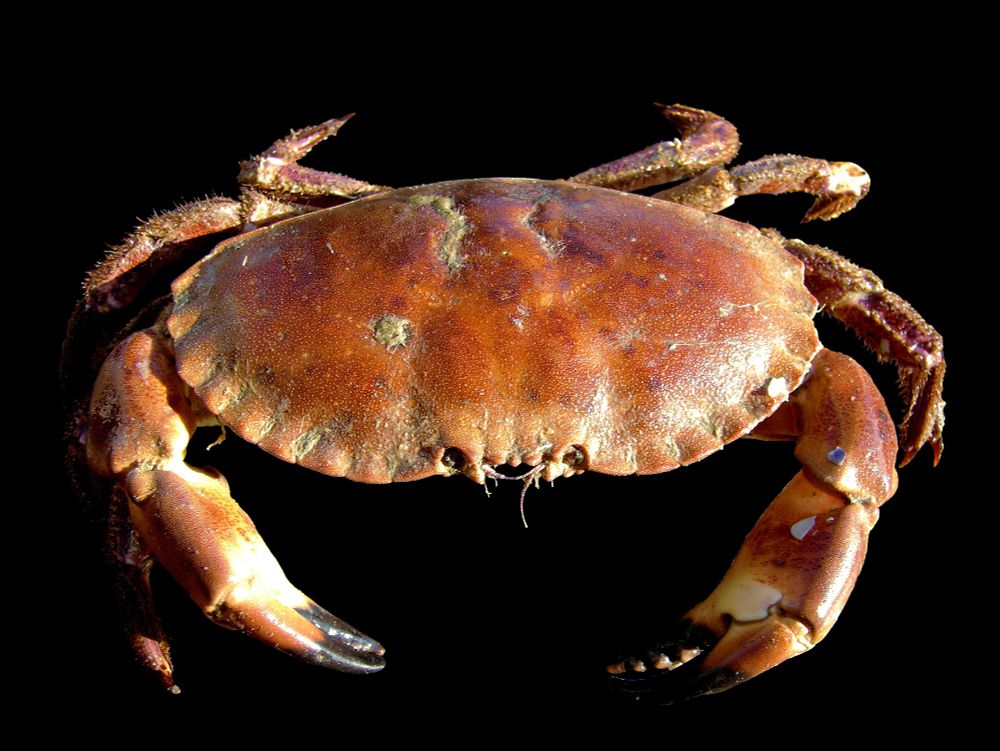
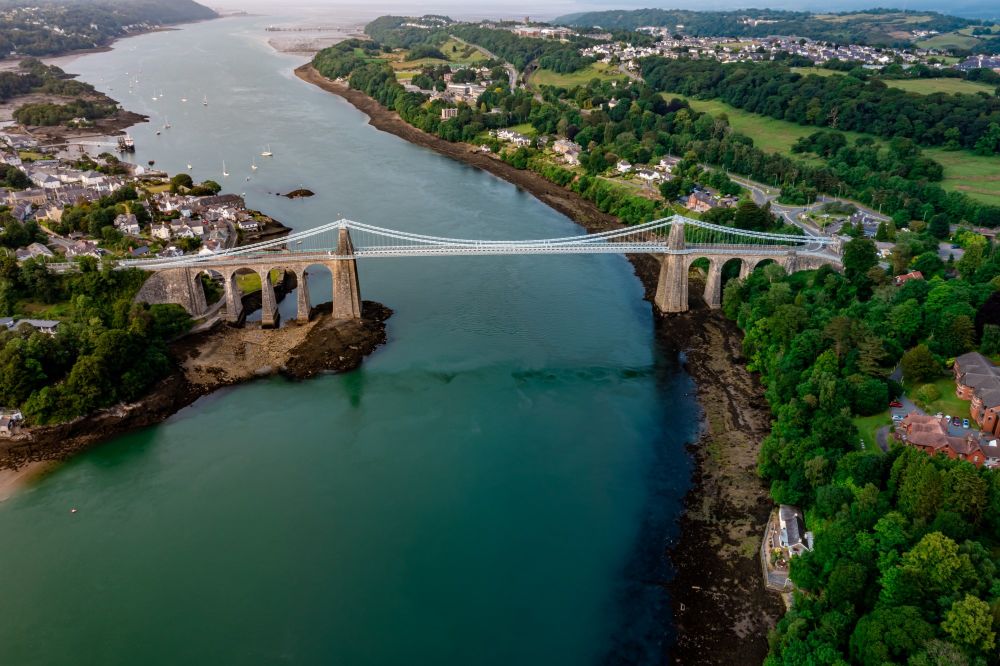
July 17, 2025 at 8:41 AM
FULLY FUNDED PhD opportunity on edible crab disease
with a great team here in a stunning location @sosbangor.bsky.social @bangoruniversity.bsky.social @cefasgovuk.bsky.social
www.findaphd.com/phds/project...
with a great team here in a stunning location @sosbangor.bsky.social @bangoruniversity.bsky.social @cefasgovuk.bsky.social
www.findaphd.com/phds/project...
Reposted by Gareth J. Williams
Thrilled to be part of this new paper led by Mayukh Dey & Nature Conservation Foundation, summarizing 25 yrs of 🪸 reef resilience monitoring in Lakshadweep 🏝️ 🇮🇳
We find distinct recovery archetypes shaped by atoll location & coral assemblages
onlinelibrary.wiley.com/doi/10.1111/...
We find distinct recovery archetypes shaped by atoll location & coral assemblages
onlinelibrary.wiley.com/doi/10.1111/...
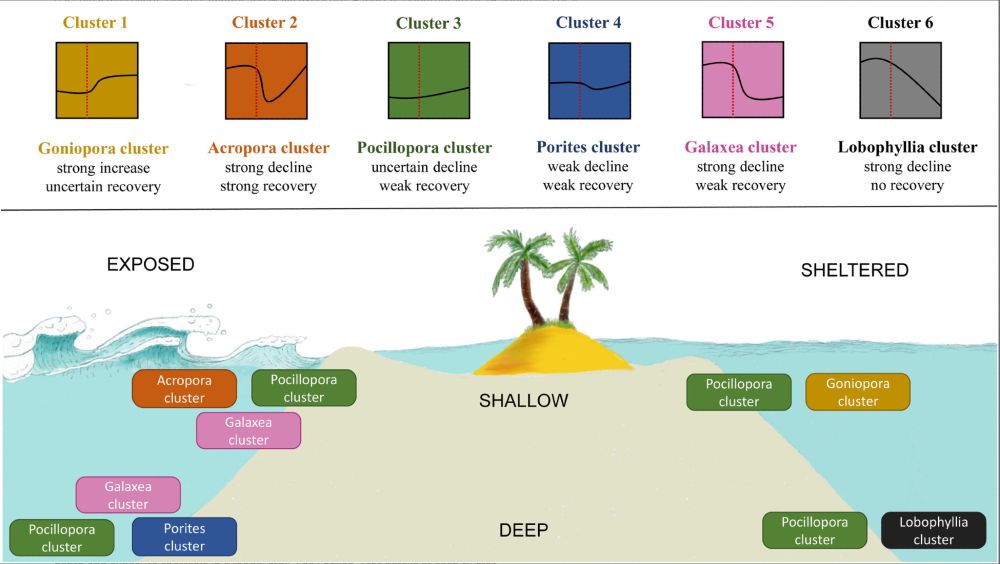
July 17, 2025 at 2:29 PM
Thrilled to be part of this new paper led by Mayukh Dey & Nature Conservation Foundation, summarizing 25 yrs of 🪸 reef resilience monitoring in Lakshadweep 🏝️ 🇮🇳
We find distinct recovery archetypes shaped by atoll location & coral assemblages
onlinelibrary.wiley.com/doi/10.1111/...
We find distinct recovery archetypes shaped by atoll location & coral assemblages
onlinelibrary.wiley.com/doi/10.1111/...
Reposted by Gareth J. Williams
Opportunity at the Australian Institute of Marine Science using decision support and ecological modelling to predict reef futures and inform restoration:
www.seek.com.au/job/85158879...
www.seek.com.au/job/85158879...

July 9, 2025 at 1:24 AM
Opportunity at the Australian Institute of Marine Science using decision support and ecological modelling to predict reef futures and inform restoration:
www.seek.com.au/job/85158879...
www.seek.com.au/job/85158879...
Reposted by Gareth J. Williams
Local human impacts interact with geography to drive benthic community depth zonation on contemporary coral reefs #ProcB - find out more from authors in our blog - royalsociety.org/blog/2025/06...


June 11, 2025 at 11:54 AM
Local human impacts interact with geography to drive benthic community depth zonation on contemporary coral reefs #ProcB - find out more from authors in our blog - royalsociety.org/blog/2025/06...
Check out the new paper on coral reef benthic depth zonation led by @bexturner.bsky.social from @sosbangor.bsky.social in @royalsocietypublishing.org. I've long been fascinated with how variable coral reef communities across the Pacific are. Nice to see it so coherently summarised. Well done Bex!
📝 Read the full story:
“Local human impacts interact with geography to drive benthic community depth zonation on contemporary coral reefs”
@richardson-le.bsky.social
@remotereefs.bsky.social
“Local human impacts interact with geography to drive benthic community depth zonation on contemporary coral reefs”
@richardson-le.bsky.social
@remotereefs.bsky.social

Local human impacts interact with geography to drive benthic community depth zonation on contemporary coral reefs | Proceedings of the Royal Society B: Biological Sciences
Changes in biophysical conditions and energetic resource supply across depths are predicted to promote or limit the abundance of different coral reef benthic groups. However, the degree to which regional differences in biophysical processes govern and ...
royalsocietypublishing.org
June 11, 2025 at 3:49 PM
Check out the new paper on coral reef benthic depth zonation led by @bexturner.bsky.social from @sosbangor.bsky.social in @royalsocietypublishing.org. I've long been fascinated with how variable coral reef communities across the Pacific are. Nice to see it so coherently summarised. Well done Bex!
Reposted by Gareth J. Williams
There is still hope to save irreplaceable coral ecosystems, but time is running out. Baby corals can ride ocean currents for hundreds of miles, but they can’t outrun climate change. And humans have a limited capacity to make new reefs in cooler waters. buff.ly/nY4jJs0 #WorldOceanDay

Coral reefs face an uncertain recovery from the 4th global mass bleaching event – can climate refuges help?
As baby corals float in the currents, they can expand their species’ range. But can they get to climate refuges fast enough to survive? A new study has good news and bad.
theconversation.com
June 8, 2025 at 10:47 AM
There is still hope to save irreplaceable coral ecosystems, but time is running out. Baby corals can ride ocean currents for hundreds of miles, but they can’t outrun climate change. And humans have a limited capacity to make new reefs in cooler waters. buff.ly/nY4jJs0 #WorldOceanDay
Reposted by Gareth J. Williams
🪸 Announcing RCUK 2025! 🪸
📅 Saturday December 6th 2025
(With workshops Friday 5th @ 1 pm)
📍 Bangor University’s main campus
Main Arts Lecture Theatre & Prichard-Jones Hall
Call for abstracts opens in July – further details over the coming months.
More info: www.reefconservationuk.org
#RCUK2025
📅 Saturday December 6th 2025
(With workshops Friday 5th @ 1 pm)
📍 Bangor University’s main campus
Main Arts Lecture Theatre & Prichard-Jones Hall
Call for abstracts opens in July – further details over the coming months.
More info: www.reefconservationuk.org
#RCUK2025
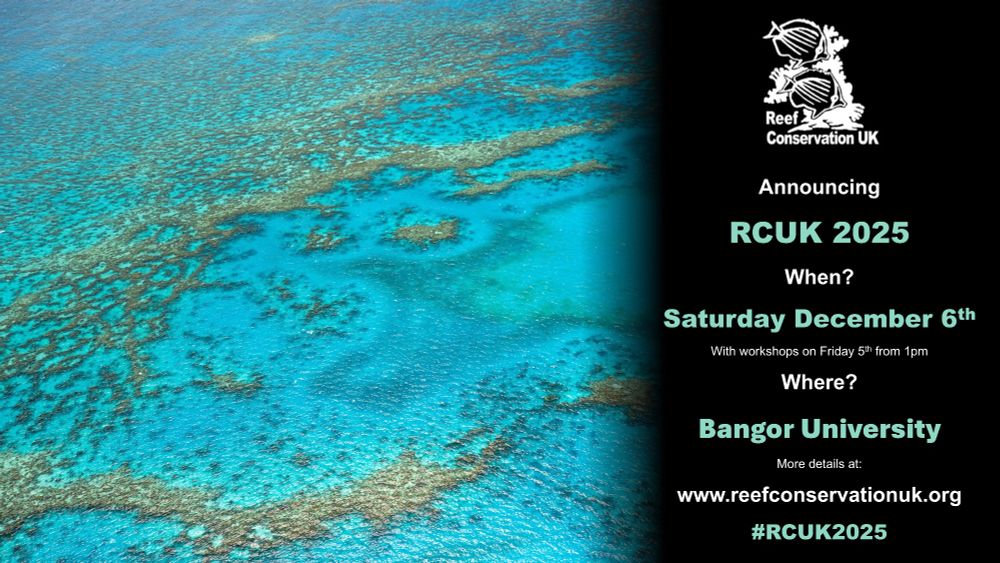
May 28, 2025 at 4:29 PM
🪸 Announcing RCUK 2025! 🪸
📅 Saturday December 6th 2025
(With workshops Friday 5th @ 1 pm)
📍 Bangor University’s main campus
Main Arts Lecture Theatre & Prichard-Jones Hall
Call for abstracts opens in July – further details over the coming months.
More info: www.reefconservationuk.org
#RCUK2025
📅 Saturday December 6th 2025
(With workshops Friday 5th @ 1 pm)
📍 Bangor University’s main campus
Main Arts Lecture Theatre & Prichard-Jones Hall
Call for abstracts opens in July – further details over the coming months.
More info: www.reefconservationuk.org
#RCUK2025

